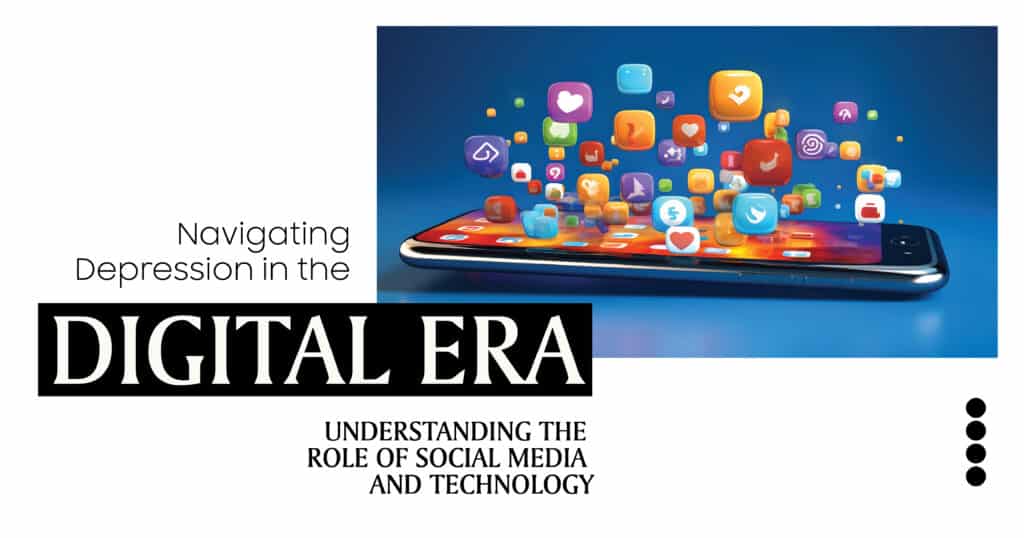Depression in the digital era presents a unique set of challenges and opportunities, with social media and technology playing a significant role in shaping mental health outcomes. Understanding the dynamics of this relationship is crucial for navigating the complexities of depression in today’s interconnected world.
The Intersection of Depression and Digital Technology
What is Depression in the Digital Era?
Depression in the digital era refers to the experience of depression within the context of today’s technology-driven society. With the widespread use of smartphones, social media platforms, and digital communication tools, individuals are constantly connected to virtual environments that can impact their mental health.
The Role of Social Media
- Comparison and self-esteem issues
- Cyberbullying and online harassment
- Fear of missing out (FOMO)
- Amplification of negative emotions
Understanding the Impact of Social Media
The Perils of Perfectionism
Social media platforms often promote an idealized version of reality, where individuals showcase curated images and highlight reels of their lives. This culture of perfectionism can exacerbate feelings of inadequacy and fuel depressive symptoms as individuals compare themselves to unrealistic standards.
Fostering Connection or Isolation?
While social media has the potential to connect individuals from around the world, it can also contribute to feelings of loneliness and isolation. The superficial nature of online interactions may leave individuals craving genuine human connection, leading to feelings of emptiness and disconnection.
FAQs about Depression in the Digital Era
Can social media actually cause depression?
While social media itself may not directly cause depression, it can contribute to the development or exacerbation of depressive symptoms, particularly in individuals who are vulnerable to comparison and negative self-evaluation.
How can I protect my mental health while using social media?
It’s essential to practice mindfulness and set boundaries when using social media. Limiting screen time, curating your online feed to include positive content, and prioritizing real-life connections can help mitigate the negative impact of social media on mental health.
Are there any benefits to using social media for mental health support?
While social media can pose challenges for mental health, it also offers opportunities for connection, support, and resource-sharing. Online communities and support groups can provide valuable peer support and access to information and resources for managing depression.
Wrapping Up
Navigating depression in the digital era requires a nuanced understanding of the role that social media and technology play in shaping mental health outcomes. By recognizing the potential pitfalls of digital technology and implementing strategies to mitigate its negative impact, individuals can take proactive steps to safeguard their mental well-being in today’s interconnected world.





